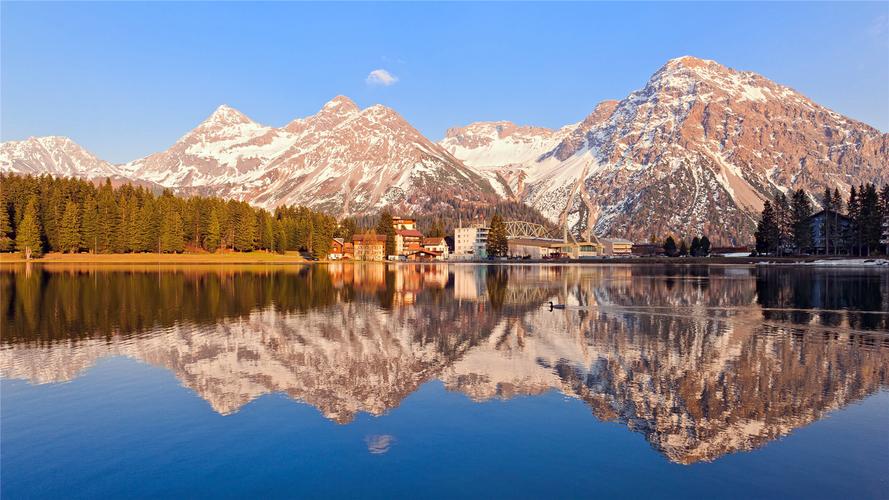Exploring the Rich Diversity of Ghana Cultural Norms
Ghana, also known as the Republic of Ghana, is a country located in West Africa known for its warm hospitality, vibrant culture, and rich history. Ghana is home to over 100 ethnic groups with different beliefs, customs, and traditions that make the country’s cultural heritage unique and diverse. Ghanaian cultural norms are multifaceted, comprising rituals, music, food, language, clothing, dance, festivals, and art.
In this article, we will explore the rich diversity of Ghana cultural norms, highlighting some of the country’s most prominent traditions, beliefs, and practices that make Ghana stand out in the world.
Family Ties and Respect
Family ties are an essential aspect of Ghana’s cultural norms. The Ghanaian society values family and the extended family, often referring to it as the ‘larger family.’ Traditionally, the elderly in the family are highly respected, and their orders are obeyed to the letter. This culture of respect extends to teachers, community leaders and elders in society. Children are taught to respect their parents and older people in the community.
Cuisine
Ghana’s food culture is distinct, and it reflects the country’s rich history and interactions with different cultures over time. Ghanaian cuisine is diverse, with different regions producing their unique dishes. For instance, in the Northern Region, the most popular dish is Tuo Zaafi, made from millet or sorghum flour, while the Ashanti Region is known for Fufu, made from cassava and plantain. Furthermore, the Central Region produces dishes such as Fante Fante, a delicious fish stew and other popular Ghanaian dishes such as banku and jollof rice, to mention a few.
Clothing
Ghana has a rich textile industry. The traditional clothing worn by Ghanaian men and women reflects their cultural heritage. The Ghanaian Kente fabric weaves intricate and bold color designs that represent different meanings and symbols. The adinkra cloth worn mostly for funerals and other cultural celebrations has various symbols whose meanings represent proverbs and wise teachings.
Music and Dance
Ghanaian music and dance span a wide range of styles and reflect the country’s diverse cultural heritage. It is customary for different ethnic groups to have their unique music styles, with its rhythms and instruments. For instance, the Ashanti people have Asafo music, while the Dagaaba people have Damba music. There are also cultural dances such as Adowa, Kpanlogo, and Agbadza that are unique to Ghana and performed at various events and occasions.
Festivals
Ghana has over 100 festivals that differ from region to region, and they are celebrated annually to commemorate different events such as harvest time, purification, and thanksgiving. One of the most popular festivals is the Homowo festival, celebrated in the Greater Accra Region by the Ga people. It is a festival that celebrates the bounty of food after a significant famine, characterized by traditional dances, food, and music.
Conclusion
Ghana’s cultural norms and heritage are intertwined with its rich past, customs, and practices. The country’s diverse ethnic groups have unique traditions that make Ghana a vibrant and hospitable country. The Ghanaian people are proud of their customs and traditions, and these have become popular over the years, attracting tourists from all over the world. Ghana’s cultural norms continue to thrive, evolve and be celebrated, and they are an essential aspect of the Ghanaian people’s identity.
(Note: Do you have knowledge or insights to share? Unlock new opportunities and expand your reach by joining our authors team. Click Registration to join us and share your expertise with our readers.)
Speech tips:
Please note that any statements involving politics will not be approved.
